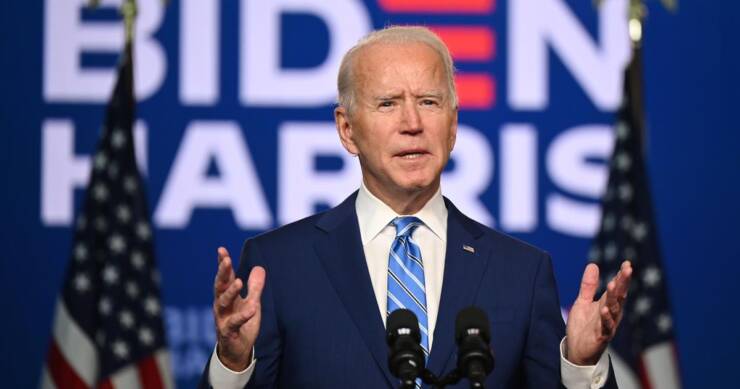
Washington: The Biden administration is under mounting pressure from lawmakers, veterans groups and refugee organizations to organize a large-scale evacuation of endangered Afghan interpreters and others who worked for the US government before US troops withdraw from the country in September.
Advocates say that the Biden administration is moving far too slowly to protect tens of thousands of Afghans whose lives are in mortal danger because of their association with the US and Western organizations and that action must be taken now before the last troops pull out as scheduled in four months.
“We’re very concerned about the seeming lack of urgency on the part of the administration to protect vulnerable Afghans in light of the anticipated withdrawal,” said Adam Bates, policy counsel for the non-profit International Refugee Assistance Project. “In terms of concrete plans, the information that we have gotten from them is very sparse.”
Veterans organizations from across the political spectrum sent a letter to President Joe Biden calling for an evacuation of Afghan partners to American territory, where their applications for visas could be reviewed and vetted. “This is a big job, and we expect you to command the use of the military’s logistical expertise and American diplomatic power to execute it. Our experience tells us that the Department of Defence is up to this task,” said the letter from 15 veterans’ groups.
The Biden administration so far has been “noncommittal” when presented with the idea of an evacuation, said Chris Purdy, project manager of the Veterans for American Ideals program at the advocacy non-profit Human Rights First, which signed the letter to Biden. No One Left Behind, a veteran-led non-profit devoted to helping Iraqi and Afghan interpreters who worked alongside US troops, proposed an evacuation of Afghans more than a year ago.
In public statements, the administration has not signalled any plans for an evacuation or other emergency measures, and officials have yet to offer details about how the government plans to ensure the safety of Afghans who risked their lives working for the US. Asked about accusations that the administration is failing to move quickly to help Afghan partners, the White House National Security Council declined to comment.
A spokesperson for the State Department declined to “discuss internal deliberations” but said the department is working to respond “as promptly as possible” to Afghans who worked for the US government and who have applied for US visas.
Rep. Michael Waltz, a former Green Beret who served in Afghanistan, said he has spoken to frightened Afghans who feel the walls closing in. “I am hearing from a lot of them, and the ones I talk to, their panic and fear in their voices is so palpable,” Waltz said. However, he said, “there are a number of avenues that the administration could take, but I’m just not seeing any movement.”
Based on the government’s track record, it would take more than four years to process the backlog of SIV applicants, assuming there was sufficient staff at the US Embassy in Kabul to handle the cases. There is no realistic prospect that most of the Afghan applicants could get visas in time before US forces leave, Bates and other experts said.
The State Department spokesperson said, “The Biden administration is committed to supporting those who have helped US military and other government personnel perform their duties, often at great personal risk to themselves and their families.”








